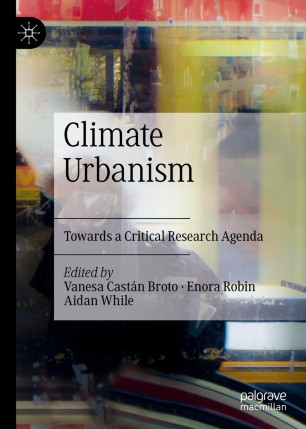As part of the CESET project, I’m pleased to announce the publication of our latest paper, “How to build resilient community energy systems? Lessons from Malawi and Ethiopia”, as part of the Focus on Community Energy and Infrastructure Resilience in the journal Environmental Research: Infrastructre and Sustainablity. The study explores how community energy systems (CES) can strengthen resilience to natural hazards, climate risks, and socio-political disruptions by building different forms of community capital—social, human, economic, physical, and natural.
Drawing on case studies from three CES projects in Malawi and Ethiopia, the paper introduces the resilient community energy systems (R-CES) framework, which outlines seven key components for designing and implementing resilient, community-led energy systems. The framework offers practical guidance for developers, managers, and community leaders to build energy infrastructure that supports long-term resilience.
Read the full paper here.





















